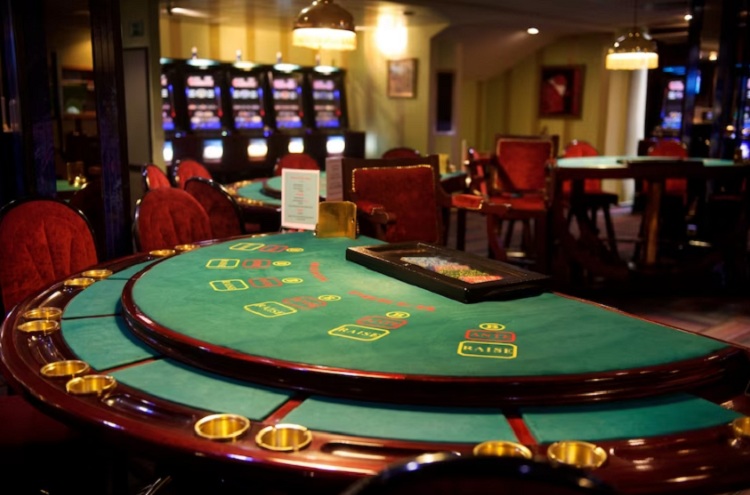 In 2018, a law was approved in Brazil that allows sports betting sites to become sponsors of all men's and women's football teams. However, market regulation is not yet regulated, which means that companies operating in these areas do not pay local taxes and operate outside of Brazil.
In 2018, a law was approved in Brazil that allows sports betting sites to become sponsors of all men's and women's football teams. However, market regulation is not yet regulated, which means that companies operating in these areas do not pay local taxes and operate outside of Brazil.Although gambling games, such as bingo and casinos, remain prohibited in Brazil, the Lula government's decision to impose a tax on sports betting has generated a debate about the legality and regulation of this type of games. Entrepreneurs claim that these activities are new throughout the country, although illegal, but without generating public revenue.
The president of the Federal Senate, Rodrigo Pacheco, recently said in an interview with the BBC that legalizing the sport is another way of raising revenue for Brazil. The Bill that legalizes gambling was approved by the Chamber of Deputies in 2022 and awaits a vote in the Senate. The president of the Chamber, Arthur Lira, is a vehement supporter of legalization.
“Gaming is an extraordinary source of jobs, an extraordinary source of income. It exists throughout the country, in all cities in Brazil and we do not control it”, said Pacheco, who highlighted the urgency of the matter: “We want to speed up voting if all these projects generate revenue and one of these projects is the legalization of gambling, which has already been approved “in the Chamber”.
Pacheco said a bill legalizing gambling will be put to a vote in the next two months. However, legalization has faced strong opposition in Congressional circles, especially from the evangelical group, which wants to maintain the ban.
According to the brasilcasinos.com.br lawyer, although many people have religious beliefs as their foundation, Brazil is a secular state, where the purpose of society must be the sole guide on various topics, including gambling.
The ban on gambling began in 1946, during the regime of Eurico Gaspar Dutra, under the argument that it would be harmful to morals and good traditions. Until then, casinos operated in Brazil and were a popular entertainment destination, offering shows and restaurants.
However, the argument for banning casinos was presented along religious lines, thanks to the influence of the First Lady, Carmela Teles Leite Dutra, who is driven by her strong devotion to the Catholic Church.
Currently, casino bans are common in many Islamic countries, including Indonesia and Saudi Arabia. However, Brazil is one of the few non-Islamic countries that, along with Cuba and Iceland, also prohibits the operation of casinos in its territory.
Faced with this situation, the sector attributes the delay in legislation to the opposition of conservative groups, especially from the evangelical segment, which was widely accepted by former president Jair Bolsonaro. However, the new government is looking for sources of revenue to finance the increase in public spending and services, promised by President Luiz Inácio Lula da Silva.
